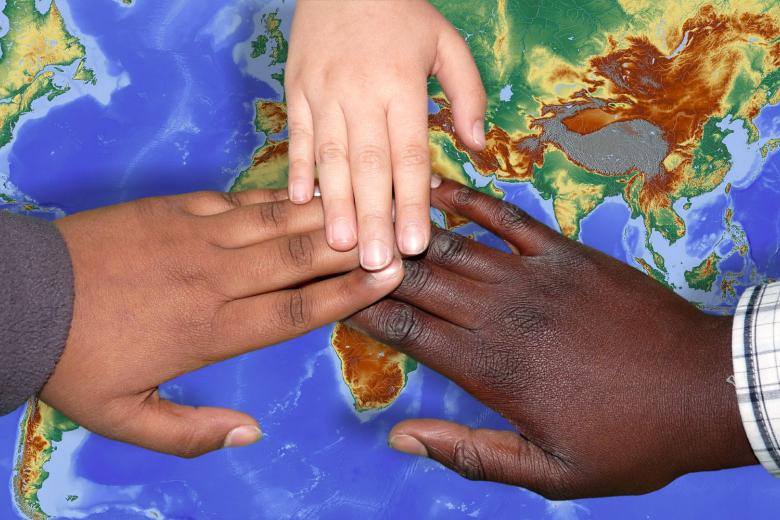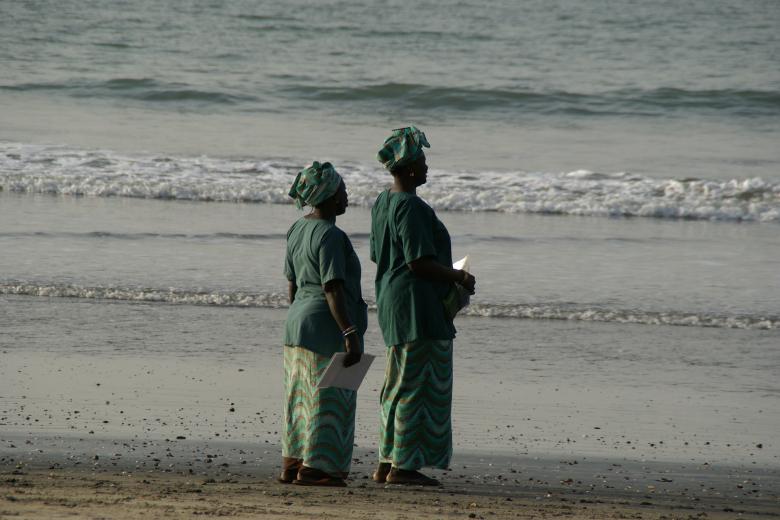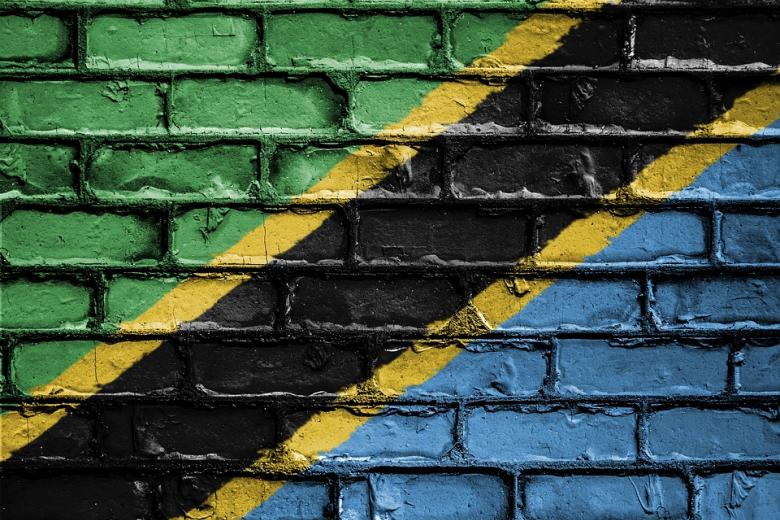When states elect the experts: the case of the UN Human Rights treaty bodies
UN treaty bodies are committees of independent experts in charge of monitoring state compliance with the major UN human rights treaties. Yet, how far are these committee members truly expert and independent from their home governments, considering that they are nominated and elected by states?
Controversial statements
During the adoption of the UN Human Rights Committee’s General Comment No. 36 on the right to life (30 October 2018), the Committee’s chair Mr. Ahmed Fathalla, former Egyptian Ambassador, delivered some controversial anti-abortion statements. Among others, Mr. Fathalla argued that “giving free hand to terminate a life of a fetus or an unborn baby with no legal reason is considered by itself a violation of the right to life”. This caused much outcry among the members of the Committee, not least because it contradicted some of the content of the General Comment itself. Mr. Fathalla’s example thus raises two questions: How was such a contradiction between the Committee’s output and its chairman’s official statement possible in the first place? And to what extent is the appointment of (former) governmental officials to treaty bodies considered problematic by involved actors? To answer these questions, I start by having a look at how treaty body members are chosen, and how the decision-making process within committees works.
Committee members are nominated and elected by the states parties to the specific treaty. They must possess relevant human rights expertise and, if elected, are required to act independently from their home governments. Yet, how far are these individuals truly independent, considering that they are directly nominated by states? My research shows that, due to the vague rules governing the appointment of committee members, states are left with extensive leeway to influence election results. For example, whereas the UK employs a very open national selection process – publishing an advertisement for the position in major newspapers – other countries are less transparent regarding how they select their candidates. This leads, at times, to the appointment of individuals closely related to the government. Additionally, elections are often influenced by negotiations among states, causing wide variation in the perceived level of expertise and independence possessed by committee members.
Expertise and independence
Yet, my research also demonstrates that, even though the election process to treaty bodies is highly politicized, the overall expertise and independence of committees is considered satisfactory by most involved actors. How can this be explained? One of the main reasons for this apparent discrepancy is the fact that committees take decisions by consensus. This is crucial to filter out the non-objective recommendations delivered by some of the members. Against this background, it does not seem far-fetched to assume that, due to the necessity of finding consensus on the General Comment, Mr. Fathalla’s views – arguably minoritarian within the Committee – where not included into the final text. Yet, through his public statements, Mr. Fathalla hinted at the compromises which underlie such achievements. Such actions may have serious consequences for the legitimacy of UN bodies. In this regard, Dr. Nina Reiners commented that, regardless of one’s opinions on the issue, if “treaty body members themselves shed doubt on their decisions […] they risk the credibility of the institution”. Dr. Reiners additionally remarked that the professional background of committee members is an important factor in determining the body’s credibility – hinting at Mr. Fathalla’s former employment as Egyptian Ambassador.
Credibility of the treaty bodies
Likewise, my research shows that when variations in the level of expertise and independence of committee members become apparent, this damages the overall credibility of the treaty bodies, due to the supposedly technical and apolitical nature that they are expected to have. In particular, academics are perceived as more objective than members with closer ties to the government. As one of my interviewees commented: “In order to keep the credibility of these treaty bodies, we need to make sure that the experts who are chosen for this job, [are chosen] based on merit first and foremost. This is the only way as far as I see to sort of steer away from this undesirable politicization […] which will eventually lead to the lack of credibility of the treaty bodies”.
| More blogs on Law Blogs Maastricht |
-
The Greek refugee crisis: whose human rights - whose responsibilities?
Asylum-seekers at the Greek island of Lesbos are in a vulnerable position. They claim basic human rights and hold the Europeans accountable. What can a human rights scholar do? His role is limited. When there is no political will, compassion and solidarity are gone.

-
A genocide case on Human Rights Day: the Gambia v Myanmar before the International Court of Justice
Today, on Human Rights Day, the Peace Palace in The Hague will be the venue of the somewhat ironic spectacle of a Nobel Peace Prize laureate and global icon of human rights leading her country’s defence against allegations of genocide, the most serious violation of human rights possible.

-
The perjury predicament at international criminal trials
The review hearing of Augustin Ngirabatware only lasted from 16th – 24th September 2019, yet those 7 days were enough to create shockwaves in this little town in the north-east of Tanzania.
